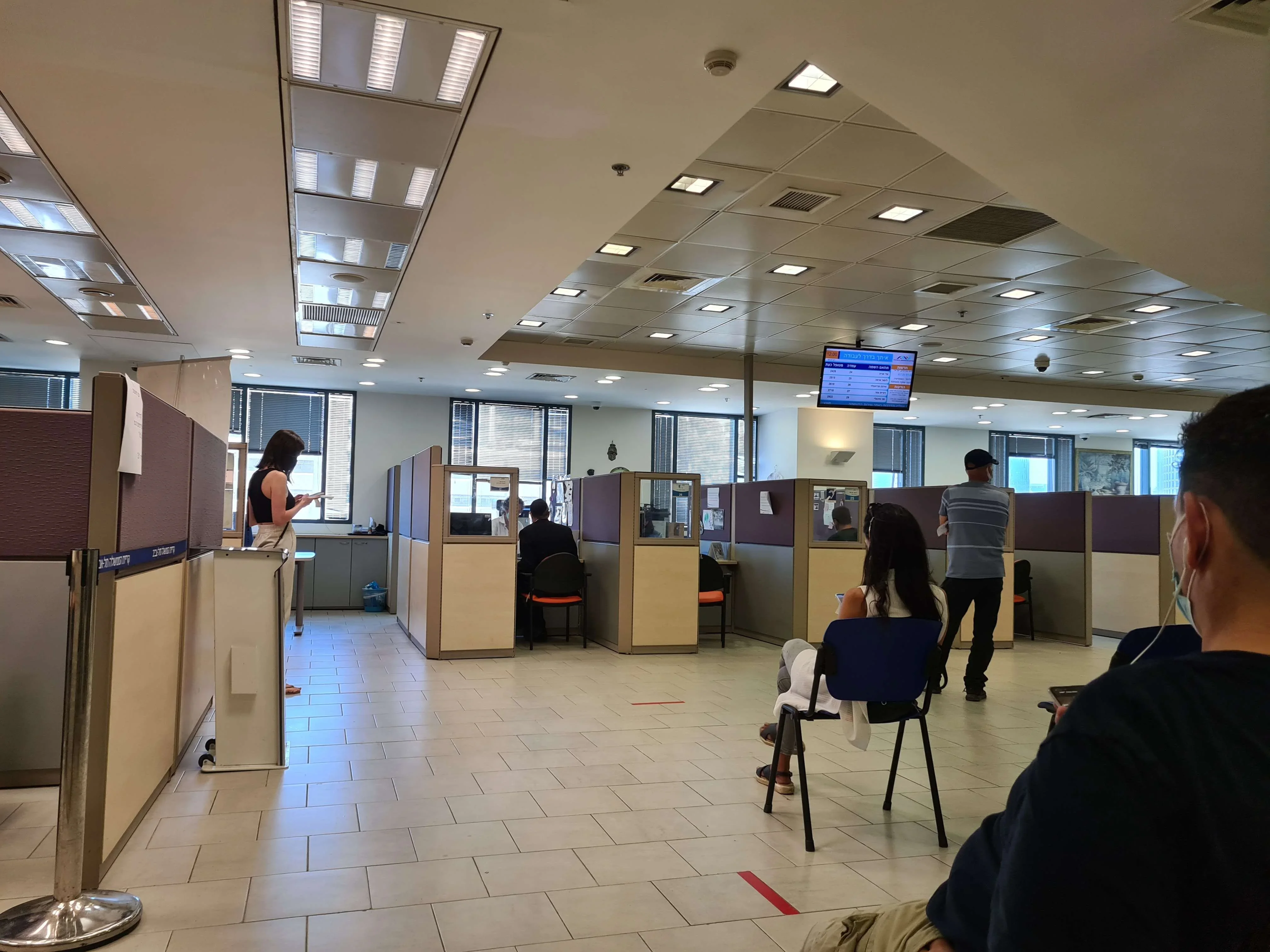According to a recent global study by McKinsey & Company, published in May 2025, 62% of employees working in a hybrid model (partially from home, partially from the office) report higher productivity compared to their previous work habits. Additionally, 71% say they feel more satisfied and motivated in their daily lives.
The study covers over 11,000 employees from various industries and regions and finds that flexibility in choosing the workplace and time reduces stress, improves focus, and leads to better personal time management. Companies that offer a well-structured hybrid model also report lower turnover rates and easier retention of qualified personnel.
Despite the positive effects, McKinsey warns that the hybrid model requires active management - clearly defined expectations, appropriate digital tools, and ensuring equal access to advancement opportunities, regardless of the employee's location. Companies that invest in training on digital communication, project management, and building trust in teams prove to be more successful in implementing this model.
You may also like
 The Labor Market Recovers: Rise in Job Advertisements in January 2026
The Labor Market Recovers: Rise in Job Advertisements in January 2026 Female Entrepreneurs in Bulgaria and Europe Face Difficulties with Venture Capital: Analysis
Female Entrepreneurs in Bulgaria and Europe Face Difficulties with Venture Capital: Analysis What does "success in Bulgarian" mean: money, abroad or a peaceful place here?
What does "success in Bulgarian" mean: money, abroad or a peaceful place here? Ministry Allocates Over €40 Million for Energy Efficiency of Bulgarian Firms
Ministry Allocates Over €40 Million for Energy Efficiency of Bulgarian Firms
Forecasts indicate that by the end of 2026, over 75% of organizations in developed economies will offer permanent hybrid options to their employees.



Коментари (0)
Все още няма коментари.